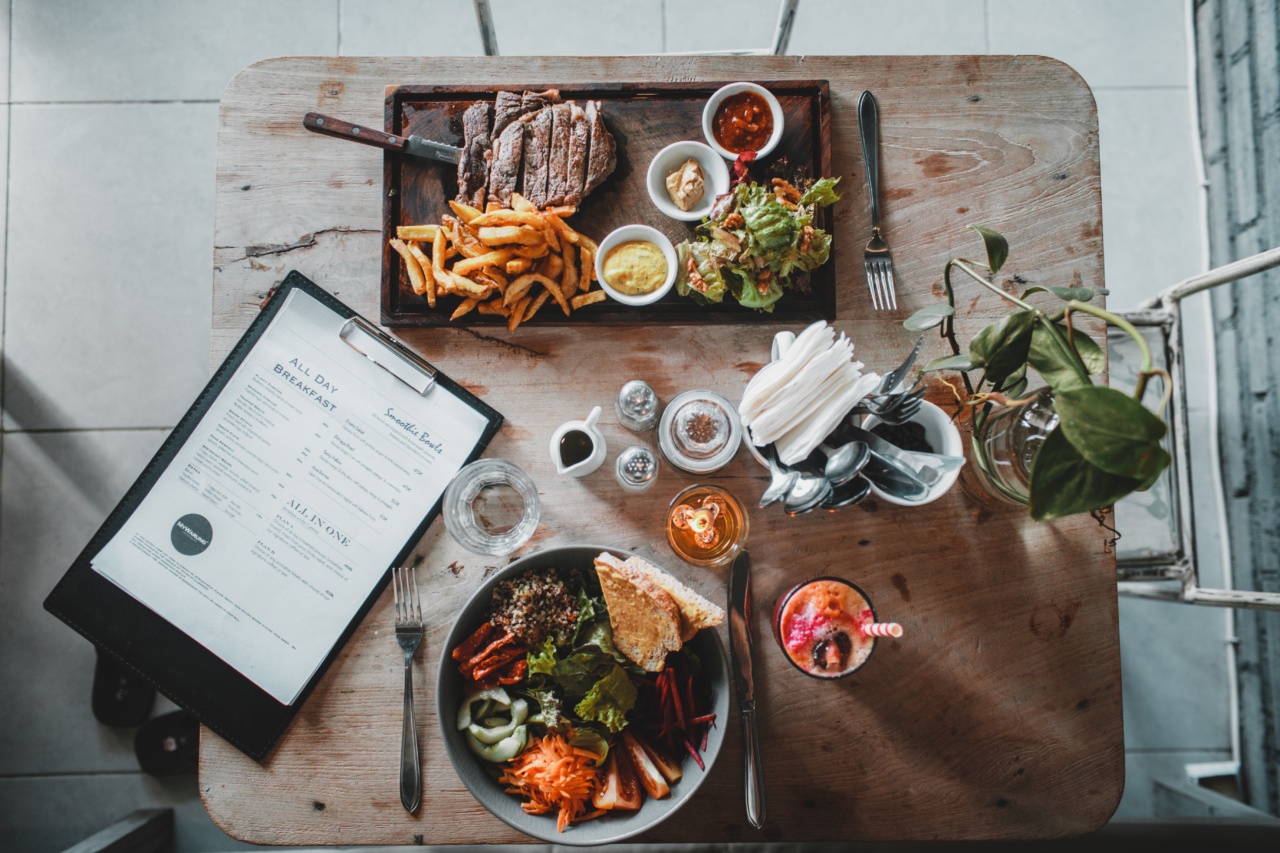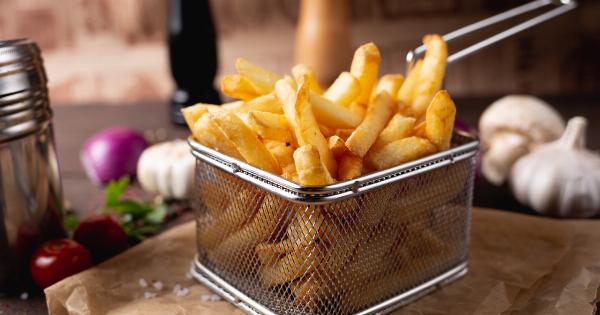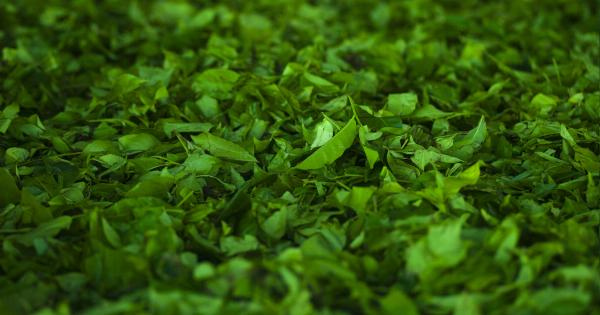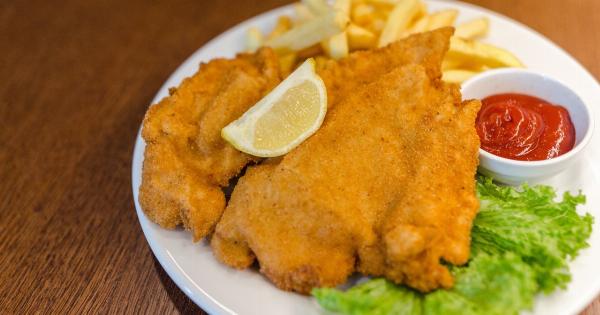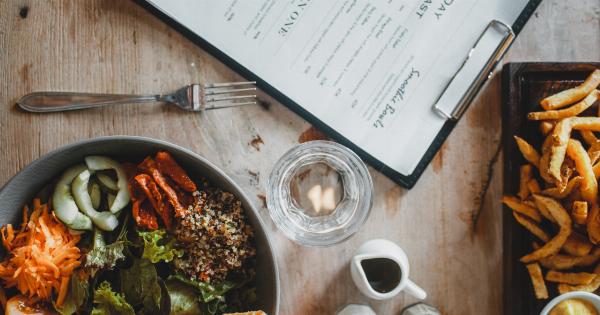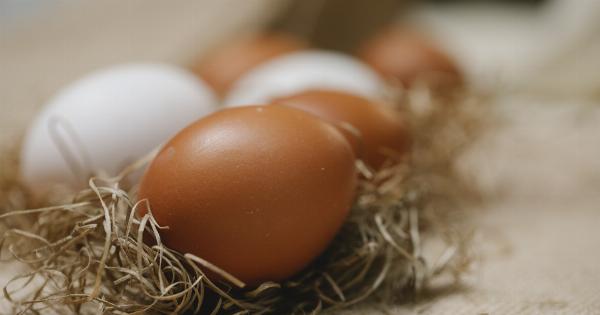French cuisine is renowned for its exquisite flavors, delicate techniques, and rich history.
From the charming bistros of Paris to the countryside kitchens of Provence, the secrets of French cooking have been passed down through generations, creating a culinary legacy that continues to captivate food enthusiasts worldwide. In this article, we unlock the mysteries behind this gastronomic art form, exploring the key elements that make French cuisine so unique.
The Role of Regionalism in French Cuisine
One of the distinct features of French cuisine is its strong emphasis on regionalism. France is divided into distinct culinary regions, each with its own distinctive flavors and ingredients.
From the buttery delights of Normandy to the Mediterranean influences of Provence, these regions bring their own traditional recipes and cooking techniques to the table.
Essential Ingredients in French Cooking
French cuisine is characterized by the use of high-quality, seasonal ingredients. Fresh herbs, such as thyme, rosemary, and tarragon, are commonly used to add depth and complexity to dishes.
Butter, another staple ingredient, is used generously to create rich, indulgent flavors. French chefs also rely heavily on fresh produce, with vegetables playing a prominent role in many traditional recipes.
The Art of French Sauces
No discussion of French cuisine would be complete without mentioning its iconic sauces.
From the velvety smoothness of Béchamel to the rich intensity of Bordelaise, French sauces exemplify the elegance and depth of flavor that are characteristic of this culinary tradition. These sauces are often the result of complex techniques, requiring patience and precision to achieve the perfect consistency and balance of flavors.
Mastering the Techniques
French cuisine is rooted in a wide range of cooking techniques that have been refined over centuries. From braising and roasting to sautéing and flambéing, French culinary techniques require both skill and artistry.
The mastery of these techniques is often considered the cornerstone of French cooking.
The Role of Presentation and Artistry
In French cuisine, presentation is as important as the taste of the dish itself. French chefs take great pride in arranging their creations with meticulous attention to detail, elevating a simple plate of food into a work of art.
From the vibrant colors to the delicate garnishes, the visual appeal of a dish is considered just as essential as its flavor.
French Pastries and Breads
French patisserie is known worldwide for its delectable pastries, from the buttery croissants to the light and fluffy macarons. These delicate treats showcase the precision and finesse that make French pastries truly exceptional.
Additionally, French bread, with its crusty exterior and soft interior, is a staple in French cuisine, with each region having its own unique variations.
French Wine: A Perfect Pairing
French cuisine is incomplete without the perfect wine pairing. France is home to some of the world’s finest vineyards, producing an extensive range of wines that complement the various flavors and textures found in French dishes.
From the elegant Champagne to the bold Bordeaux, the right wine can elevate a meal to new heights.
The Influence of French Cuisine on the World
French cuisine has had a profound impact on global gastronomy. French cooking techniques, ingredients, and recipes have been adopted and adapted by chefs worldwide, shaping the culinary landscape of numerous countries.
The art of French cooking continues to inspire and influence chefs, ensuring its enduring legacy in the international culinary scene.
In Conclusion
Unlocking the secrets of French cuisine unveils a world of flavors, techniques, and traditions that have stood the test of time.
The distinct regional variations, attention to quality ingredients, mastery of techniques, and emphasis on presentation all contribute to the uniqueness and allure of French cooking. Whether indulging in a Parisian bistro or attempting to recreate a classic recipe at home, exploring French cuisine is an enchanting journey into a world of culinary excellence.
